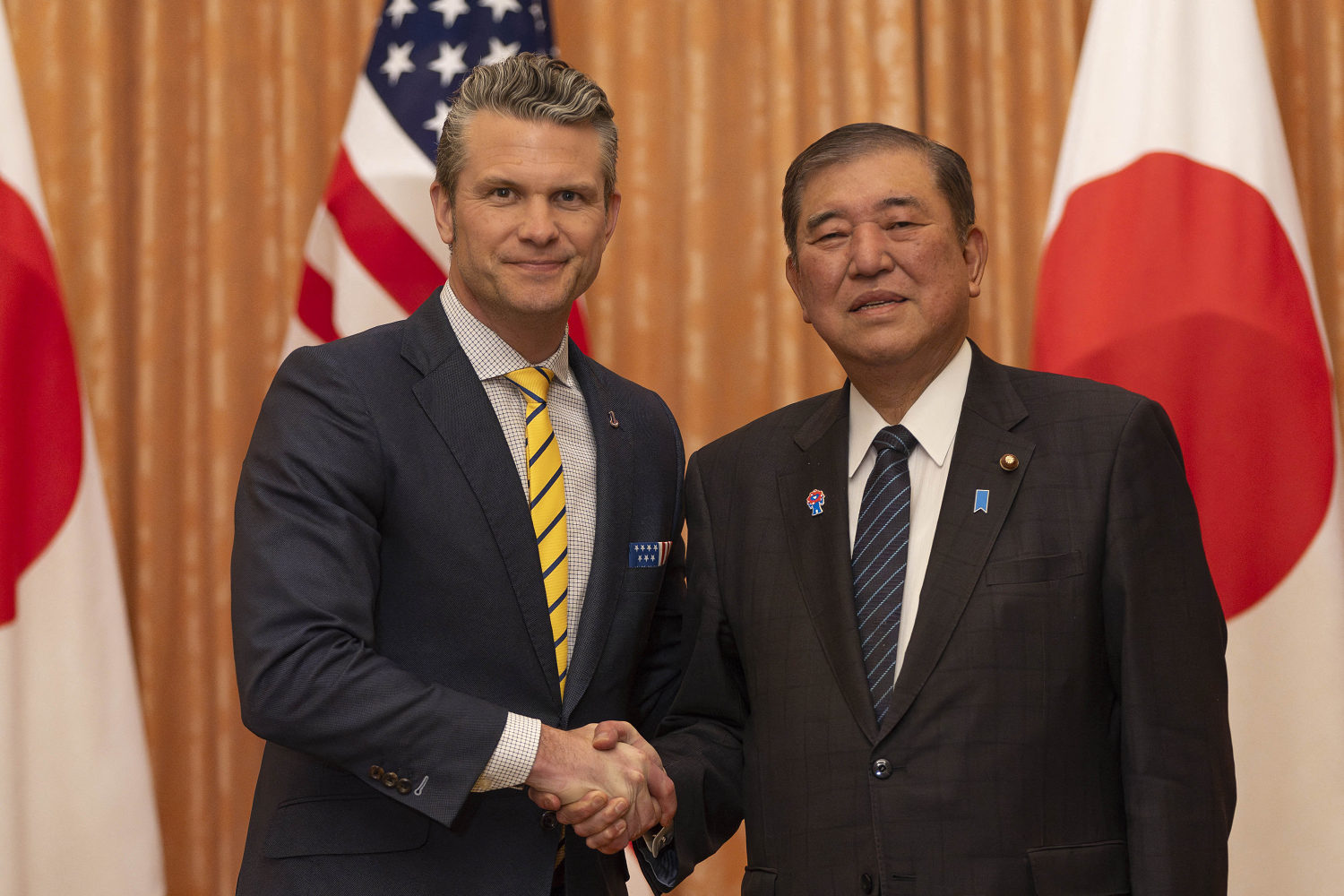During his Senate confirmation for secretary of Defense, Pete Hegseth emphasized the need for a single standard by which to measure performance and qualification for advancement in the military. Under his leadership, Hegseth assured the senators there would not be separate (read lower) standards for women or racial minorities. Merit would rule.
That promise resonated with a majority of the Senate and an even larger portion of those serving in uniform. I heard it regularly from my son, then a serving and now a retired Marine.
Consequently, the release of top-secret information about an impending strike against Houthi rebels demands we use the same criteria to judge a major screw-up by senior officials that we would apply to troops in the field.
The administration’s initial response was to circle the wagons. Hegseth said, “Nobody was texting war plans, and that’s all I have to say about that.” President Trump commented, “How do you bring Hegseth into it? He had nothing to do with it.” Sadly, after Trump added, “It’s all a witch-hunt,” his press secretary went on full-attack mode: “This entire story was another hoax written by a Trump-hater who is well-known for his sensationalist spin,” said Karoline Leavitt.
The release of details about the attack was not just a mistake but a potentially consequential error. Releasing information about attack packages, times and references to potential targets is not a harmless error. It could have compromised the mission and put American troops at risk.
That the information was released on a commercial messaging app — encrypted but not necessarily secure from foreign intelligence services — demands not just investigation but a serious reappraisal of standard operating procedures. (The chant, “Lock her up” in response to former Secretary of State Hillary Clinton’s use of a personal computer server still echoes in many ears.)
That national security advisor Mike Waltz included an unintended recipient who just happened to be Jeffrey Goldberg, editor-in-chief of The Atlantic, in the Signal message group was beyond embarrassing: it was a violation of basic operational security protocols.
Few doubt that Waltz’s mistake in including Goldberg in the Signal chat was an error. It was simple carelessness — and understandable to anyone who has used a smart phone or computer and watched our device anticipate an email recipient or next word in a message. But carelessness it was — on a scale that escalates it to gross negligence. And under the military’s clearly-articulated standards for operational security, it was a clear violation of the Uniform Code of Military Justice.
The response from retired military officers and grunts to Hegseth and Waltz’s cock-up was overwhelmingly consistent: violations of OPSEC (operational security) far less egregious have uniformly led to ending the violator’s military career. Watching the well-respected military blogger Ward Carroll’s YouTube analysis of “Signalgate,” I was struck by the consistency and certitude of the reactions.
“Speaking as a Cold War Vet, if I had leaked any operational plans on this level, I would be court martialed out of the service and go straight to Leavenworth, Kan,” he said. And “if anyone in my era (’73-’83) would have done this, Leavenworth would be our retirement plan.”
Let’s be clear: both Waltz and Hegseth screwed up, each in his own way and each royally. So, despite Trump’s comment to NBC News that "
Topics in this Story














